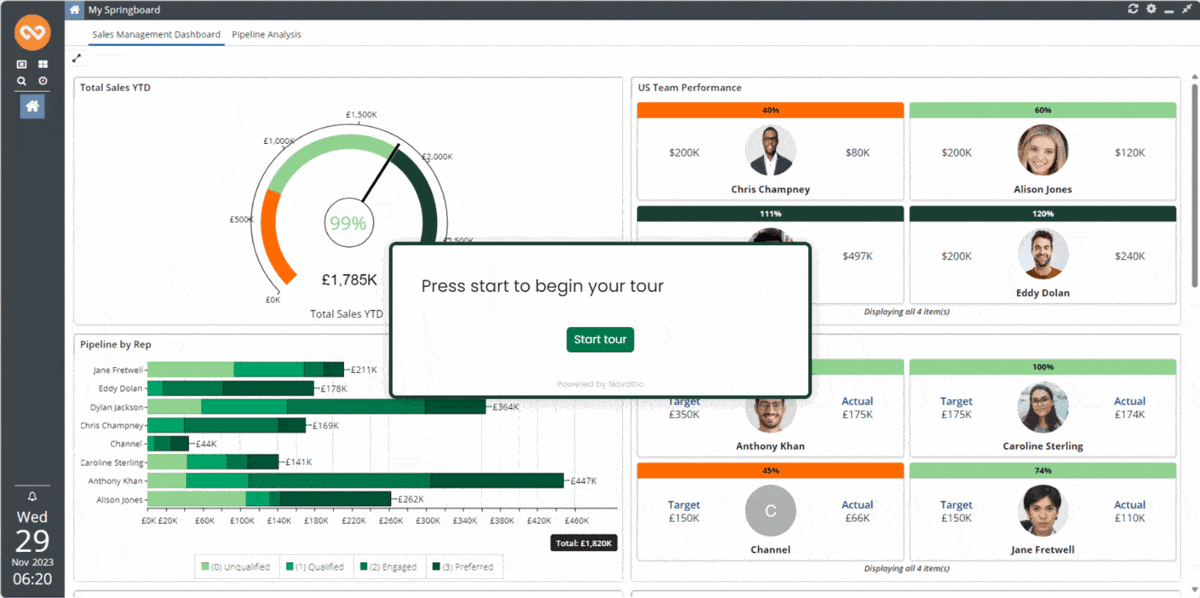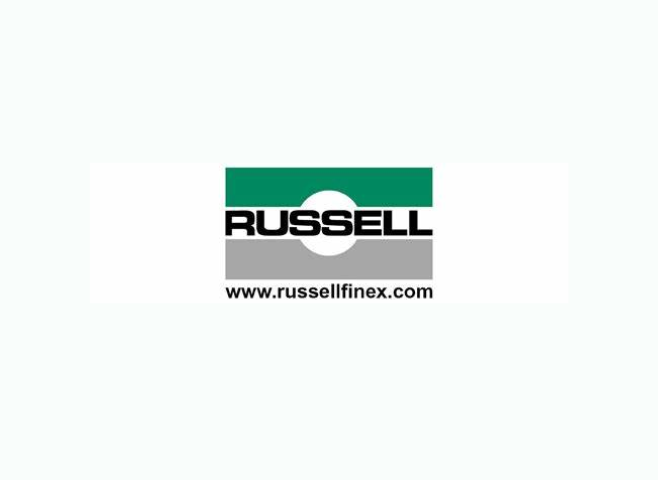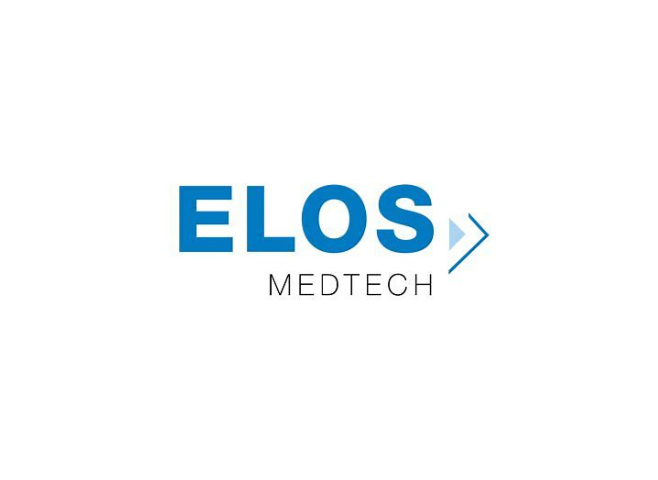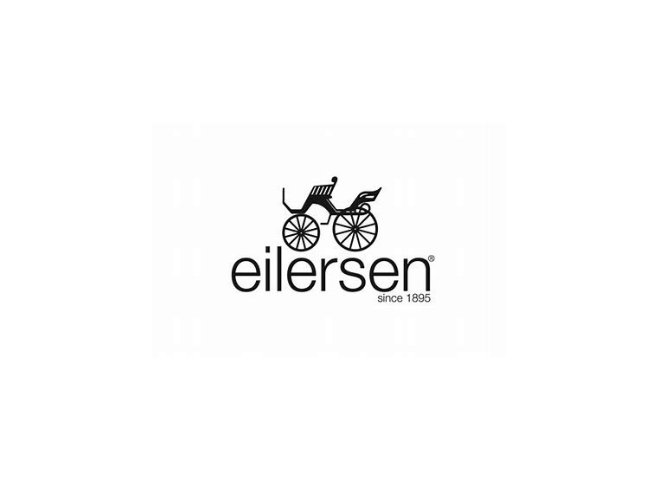Sales and Marketing Efficiency
Workbooks offers manufacturing sales teams a platform to streamline customer data management from lead generation to order completion, and analyze team performance on a more granular level.
We equip marketing teams with customer preference and purchasing insights using manufacturing-specific criteria, supporting targeted campaigns and ensuring higher rates of customer engagement.
What you'll get:
- A 360-degree view of your market segments
- Streamlined management of all distribution channels
- Full ‘lead-to-cash' process management, including order, invoice and payment status tracking




